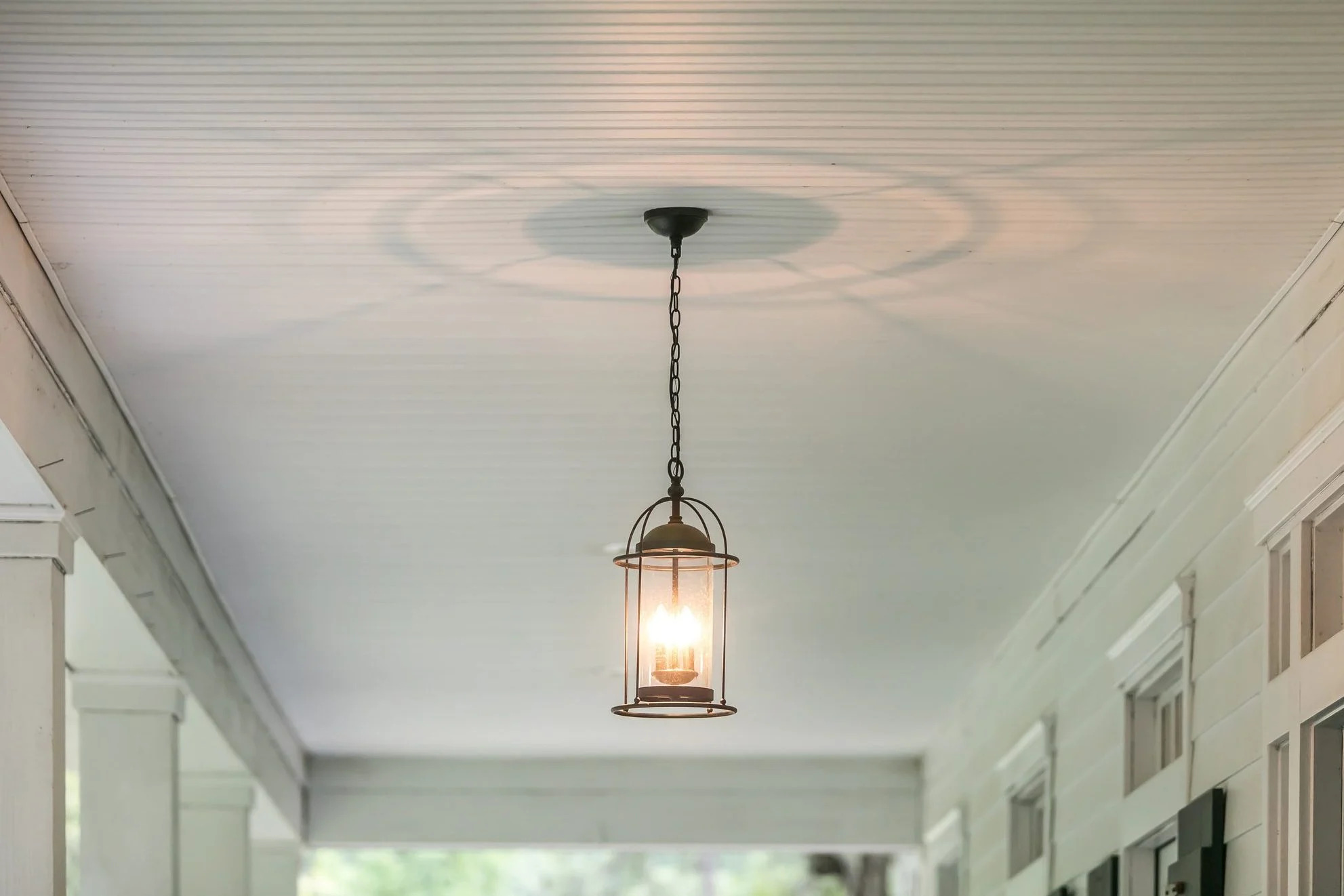

Articles
What Wattage Should A Porch Light Be
Modified: May 6, 2024
Discover the ideal wattage for your porch light with this informative article. Find out how to choose the perfect brightness level to enhance your outdoor space.
(Many of the links in this article redirect to a specific reviewed product. Your purchase of these products through affiliate links helps to generate commission for Storables.com, at no extra cost. Learn more)
Introduction
When it comes to creating a warm and welcoming ambiance for your home’s exterior, a porch light plays a crucial role. Not only does it illuminate the entrance of your house, but it also provides added security and enhances the overall aesthetic appeal. However, choosing the right wattage for your porch light can sometimes be a challenge.
The wattage of a porch light determines its brightness and energy consumption. Using the wrong wattage can result in a light that is too dim, making it difficult to see in the dark, or a light that is too bright and harsh, causing unwanted glare. It’s important to strike the right balance to ensure the ideal lighting conditions for your porch.
In this article, we’ll explore the importance of selecting the appropriate wattage for porch lights and provide helpful tips to guide you in making the right choice. Whether you’re looking to enhance the security of your home or create a cozy atmosphere, understanding the factors involved in determining the wattage will help you make an informed decision.
Key Takeaways:
- Choose the right porch light wattage to enhance safety, security, and ambiance. Consider factors like porch size, activities, and energy efficiency to strike the perfect balance.
- Avoid common mistakes like excessive or insufficient wattage, and prioritize energy-efficient options. Optimize porch light efficiency with motion sensors, dimmers, and regular maintenance for a welcoming and sustainable outdoor space.
Read more: What Wattage Should Outdoor Lights Be
Importance of Proper Wattage for Porch Lights
Choosing the proper wattage for your porch lights is essential for several reasons. Let’s explore the importance of getting the wattage right:
1. Visibility and Security: Porch lights with appropriate wattage ensure clear visibility, allowing you and your guests to navigate safely at night. A well-lit porch is also a deterrent for burglars, as it reduces the chances of unnoticed entry.
2. Aesthetic Appeal: The right wattage can enhance the curb appeal of your home by illuminating architectural features, landscaping, and decor. It sets the tone for your outdoor space, making it more inviting and visually appealing.
3. Energy Efficiency: Selecting the correct wattage helps maximize energy efficiency. Using bulbs with higher wattages than necessary wastes electricity and increases your energy bills. Conversely, using bulbs with lower wattages may result in inadequate lighting, leading to the need for additional fixtures.
4. Comfortable Lighting: Proper wattage ensures that porch lighting is comfortable and reduces glare. Lights that are too bright can be harsh on the eyes, while lights that are too dim may not provide sufficient illumination for outdoor activities or social gatherings.
5. Compatibility with Fixtures: Using the right wattage prevents overheating of light fixtures. Overloading fixtures with bulbs that have wattages exceeding the recommended limit can cause damage or shorten their lifespan.
It’s important to keep these factors in mind when selecting the wattage for your porch lights. By doing so, you can create a welcoming and safe outdoor environment while minimizing energy waste. In the next section, we will explore the factors you should consider when choosing the wattage for your porch lights.
Factors to Consider when Choosing Wattage for Porch Lights
Several factors should be taken into account when deciding on the wattage for your porch lights. Here are some key considerations:
1. Location and Size of the Porch: The size and location of your porch play a significant role in determining the appropriate wattage. Larger porches may require higher wattages to ensure adequate lighting coverage, while smaller porches may only need lower wattages. Additionally, consider if the porch is exposed to direct sunlight during the day, as this can affect the perceived brightness at night.
2. Function and Activities: Consider how you use your porch. If it is primarily a decorative space for relaxing and enjoying the outdoors, lower wattages may be sufficient. However, if you frequently host gatherings or require brighter lighting for tasks such as reading or cooking, higher wattages may be necessary.
3. Desired Atmosphere: Think about the ambiance you want to create with your porch lights. Soft and subtle lighting can create a cozy and intimate atmosphere, while brighter lighting can give a more vibrant and energetic feel. Adjust the wattage to achieve the desired effect.
4. Natural Surroundings: Take into account the surroundings of your porch, such as neighboring buildings, trees, or streetlights. These factors can impact the amount of ambient light available and affect your choice of wattage. If your porch is in a well-lit area, you may be able to use lower wattages.
5. Light Bulb Type: Different types of light bulbs, such as incandescent, LED, or CFL, have varying wattage equivalents and energy efficiency. LED bulbs, for example, consume less power while delivering the same or higher levels of brightness compared to traditional incandescent bulbs. Consider the type of bulb you plan to use and its recommended wattage.
6. Personal Preference: Ultimately, your own preference plays a role in determining the correct wattage for your porch lights. Experiment with different wattages and lighting conditions to find the perfect balance that suits your preferences and needs.
By considering these factors, you can make an informed decision about the wattage that will best meet your porch lighting requirements. In the next section, we will discuss the recommended wattage range for porch lights.
Recommended Wattage Range for Porch Lights
The recommended wattage for porch lights can vary depending on various factors, including the size of the porch, desired brightness, and personal preference. Here is a general guideline for the wattage range you can consider:
1. Low-Wattage Range (10-30 watts): This range is suitable for small porches or areas where subtle lighting is desired. It provides a gentle glow without overpowering the surroundings. Low-wattage bulbs are often used for accent lighting or decorative purposes.
2. Medium-Wattage Range (40-70 watts): This range is commonly used for standard porch lighting. It offers a good balance between functionality and energy efficiency. Medium-wattage bulbs provide sufficient brightness for basic tasks and visibility while maintaining a comfortable ambiance.
3. High-Wattage Range (75-150+ watts): This range is appropriate for larger porches or when you need brighter lighting for specific purposes, such as outdoor activities or security reasons. High-wattage bulbs should be used sparingly to avoid creating harsh lighting conditions or causing discomfort to neighbors.
It’s important to note that the above wattage ranges are general recommendations and can be adjusted based on individual requirements. Consider the factors discussed earlier and make adjustments accordingly. Additionally, always check the manufacturer’s recommendations for the specific light fixture and bulb type you are using to ensure compatibility.
In recent years, there has been a shift towards energy-efficient lighting options, such as LED bulbs. LED lights use significantly less wattage while providing the same or even greater brightness compared to traditional incandescent bulbs. Therefore, even within the recommended wattage range, opting for LED bulbs can help further reduce energy consumption and save on electricity costs.
Remember, finding the right wattage for your porch lights is about finding a balance between functionality, energy efficiency, and creating a pleasant atmosphere. It may require some trial and error to achieve the desired results. In the next section, we will discuss common mistakes to avoid when selecting porch light wattage.
When choosing a porch light, consider a wattage between 40-60 watts for a small porch, 60-75 watts for a medium porch, and 75-100 watts for a large porch to provide adequate illumination without being too harsh.
Common Mistakes to Avoid when Selecting Porch Light Wattage
Choosing the wattage for your porch lights can sometimes be challenging, and it’s important to avoid these common mistakes to ensure you achieve the desired lighting outcome:
1. Using Excessive Wattage: One of the most common mistakes is using bulbs with wattages that exceed the recommended range for your porch. This can lead to excessive brightness, glare, and unnecessary energy consumption. Be mindful of not overloading your porch lights with high-wattage bulbs.
2. Using Insufficient Wattage: On the other hand, using bulbs with wattages that are too low may result in inadequate lighting. Dimly lit porches can compromise safety and security, as well as diminish the overall visual appeal. Make sure the wattage is sufficient to provide appropriate brightness for your porch.
3. Ignoring Energy Efficiency: Overlooking the energy efficiency of porch lights can lead to higher electricity bills and increased environmental impact. Consider choosing energy-efficient options like LED bulbs, which consume less wattage while offering the same or better brightness as traditional bulbs.
4. Forgetting Dimmer Switch Compatibility: If you plan to install a dimmer switch for your porch lights, ensure that the bulbs you choose are compatible with dimmer switches. Not all bulbs are dimmable, so check the packaging or consult with an expert to avoid compatibility issues.
5. Neglecting the Surroundings: Failing to consider the surrounding environment when selecting porch light wattage can result in lighting that is ineffective or disruptive. Take into account factors such as neighboring properties, street lights, and natural lighting conditions to adjust the wattage accordingly.
6. Disregarding Personal Preference: While it is crucial to consider technical aspects when choosing porch light wattage, don’t forget to prioritize your personal preferences and the ambiance you want to create. Experiment with different wattages to find the perfect balance of brightness and atmosphere that suits your taste.
By avoiding these common mistakes, you can ensure that your porch lights are properly suited to your needs, provide adequate illumination, and contribute to a welcoming and secure outdoor environment. In the next section, we will share some tips for optimizing porch light efficiency for better energy consumption.
Read more: What Wattage Should A UV Lamp For Resin Be
Tips for Optimizing Porch Light Efficiency
To optimize the efficiency of your porch lights, consider implementing the following tips:
1. Choose Energy-Efficient Bulbs: Opt for energy-efficient bulbs like LED or CFL (compact fluorescent) bulbs. These bulbs consume less wattage while providing the same or better brightness as traditional incandescent bulbs. They also have a longer lifespan, reducing the need for frequent replacements.
2. Consider Motion Sensor or Timer Controls: Install motion sensor or timer controls for your porch lights. These technologies automatically turn on the lights when motion is detected, or at specific times of the day, ensuring they are only on when needed and saving energy when not in use.
3. Use Dimmers: If you prefer adjustable lighting levels, install dimmer switches for your porch lights. Dimmers allow you to customize the brightness to suit different activities, reducing unnecessary energy consumption. Ensure that the bulbs you choose are compatible with dimmer switches.
4. Utilize Outdoor Lighting Zones: Divide your porch lighting into zones, with separate switches or controls for different areas. This allows you to activate only the necessary lights, depending on the occasion or desired brightness level. It helps avoid excessive lighting while maintaining functionality.
5. Regularly Clean and Maintain: Keep your porch lights clean and free of debris to ensure optimal performance. Dust, dirt, and other particles can block the light and reduce its effectiveness. Regularly inspect and clean the fixtures to maintain maximum efficiency.
6. Consider Directing Light Downward: When positioning your porch lights, aim them downward to focus the light where it is needed and avoid light pollution or unnecessary brightness. This helps to reduce glare and directs the light towards the desired areas, optimizing its effectiveness.
7. Evaluate and Adjust as Needed: Periodically reevaluate the wattage and lighting setup for your porch to ensure it still meets your needs and preferences. As lighting technologies and requirements change over time, you may need to adjust the wattage or upgrade to more efficient lighting options.
By implementing these tips, you can make your porch lighting more energy-efficient without compromising on functionality or aesthetics. Not only will this help reduce energy consumption and lower your electricity bills, but it also contributes to a more sustainable and environmentally friendly home.
Conclusion
Choosing the right wattage for your porch lights is crucial for creating a welcoming and safe outdoor environment. By considering factors such as porch size, desired ambiance, and personal preference, you can select a wattage that provides optimal lighting conditions.
It’s important to avoid common mistakes like using excessive or insufficient wattage, neglecting energy efficiency, and disregarding the surrounding environment. Choosing energy-efficient bulbs, utilizing controls like motion sensors or dimmers, and regularly maintaining your porch lights are effective ways to optimize efficiency and minimize energy consumption.
Remember that wattage recommendations are general guidelines, and it’s essential to adjust them according to your specific needs. Whether you choose low, medium, or high wattage, tailor it to your porch’s size, functionality, and desired atmosphere.
By optimizing porch light efficiency, you can strike the perfect balance between functionality, visual appeal, and energy conservation. Not only will you enhance the safety and security of your home, but you’ll also reduce your environmental footprint and save on electricity costs in the long run.
So consider these tips and recommendations when choosing the wattage for your porch lights. Create a warm and inviting ambiance, ensure proper visibility, and maximize energy efficiency to make your porch truly shine.
Now that you've got a handle on selecting the right wattage for porch lights, why not take your outdoor lighting game up a notch? Dive into our next feature, which offers creative and practical patio lighting ideas. These suggestions are tailored to not only illuminate your space but also to create a welcoming atmosphere for all your evening gatherings. Whether you’re looking to set a mood or ensure safety, our guide covers all bases to brighten your outdoor space effectively.
Frequently Asked Questions about What Wattage Should A Porch Light Be
Was this page helpful?
At Storables.com, we guarantee accurate and reliable information. Our content, validated by Expert Board Contributors, is crafted following stringent Editorial Policies. We're committed to providing you with well-researched, expert-backed insights for all your informational needs.
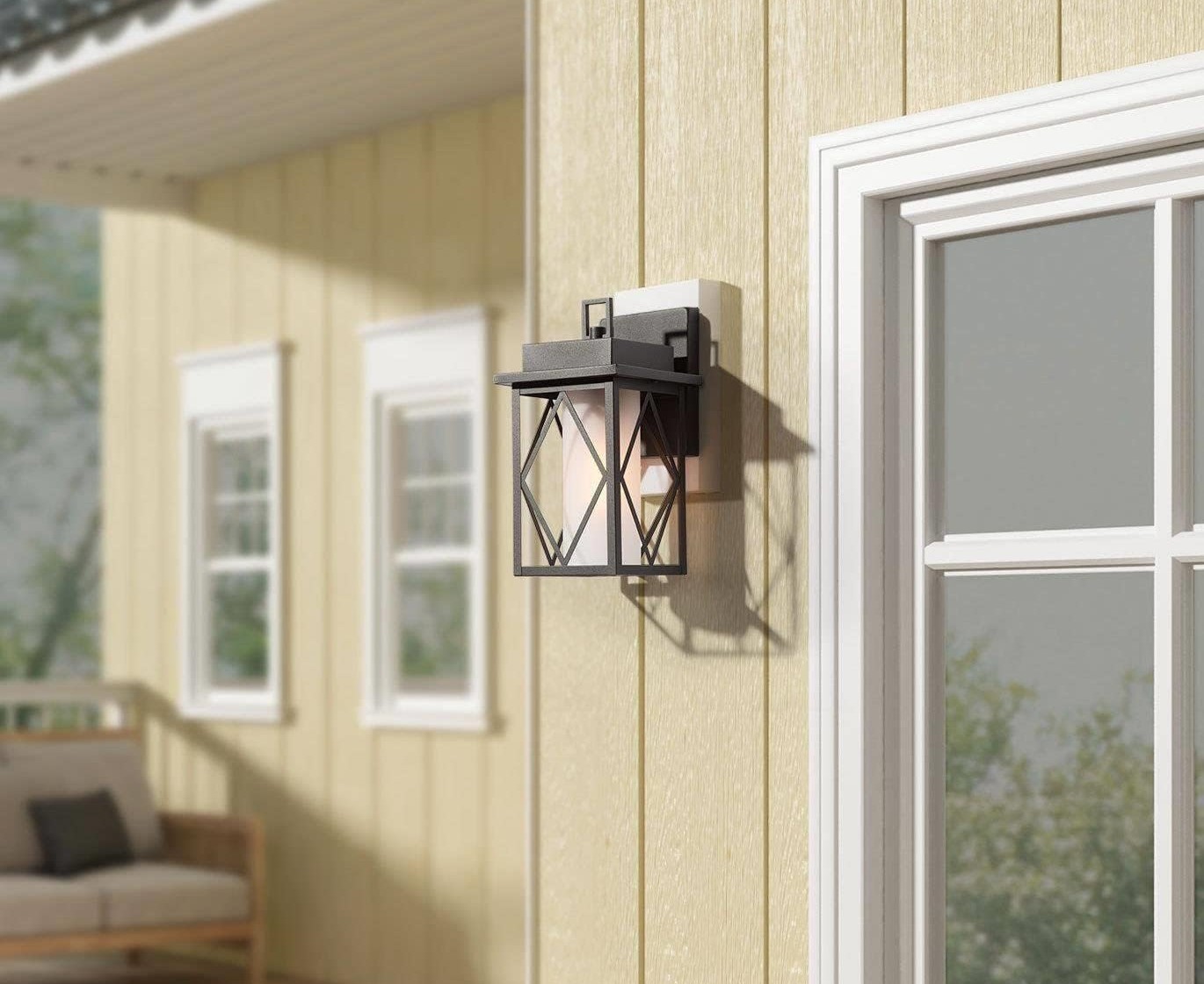
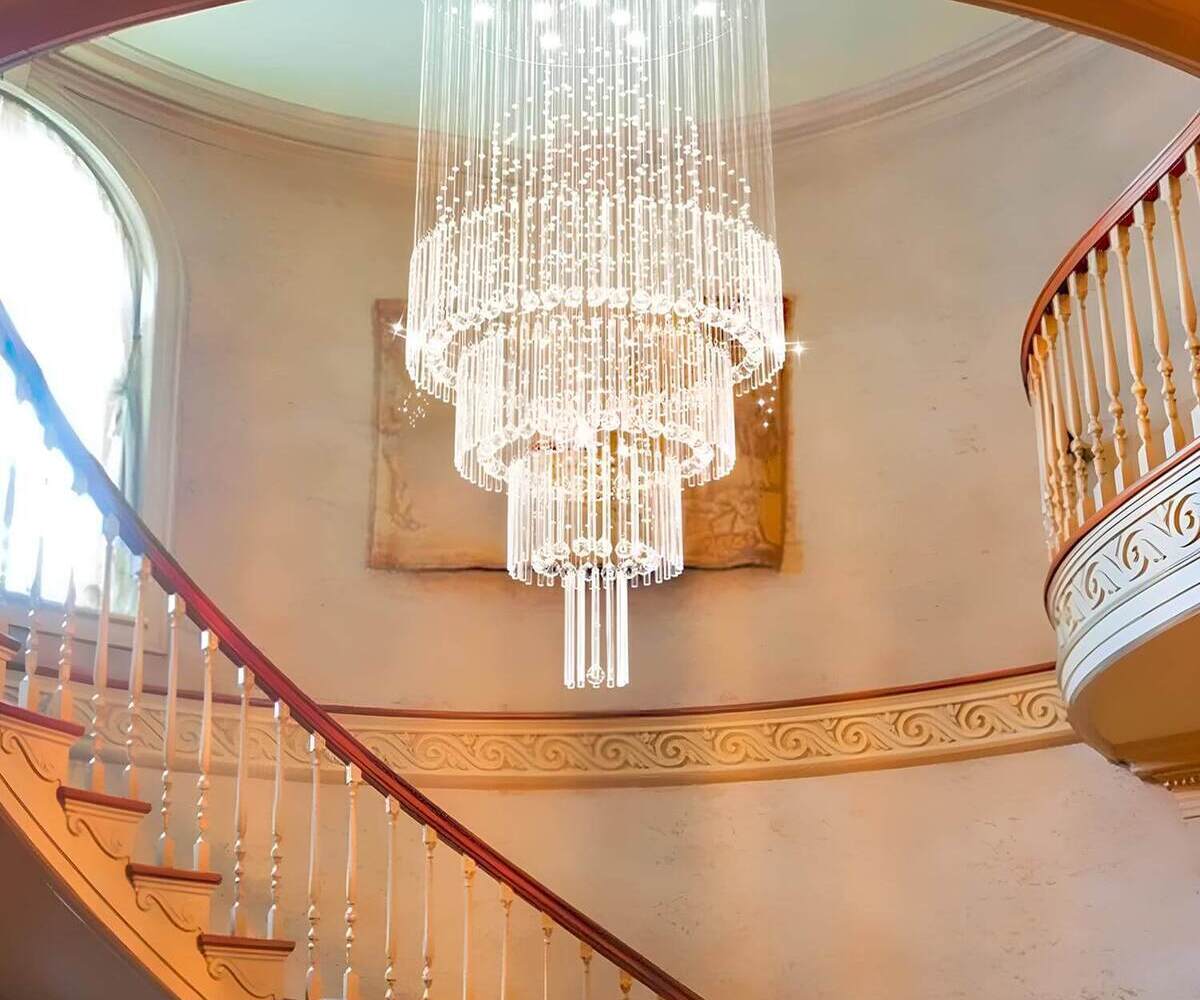
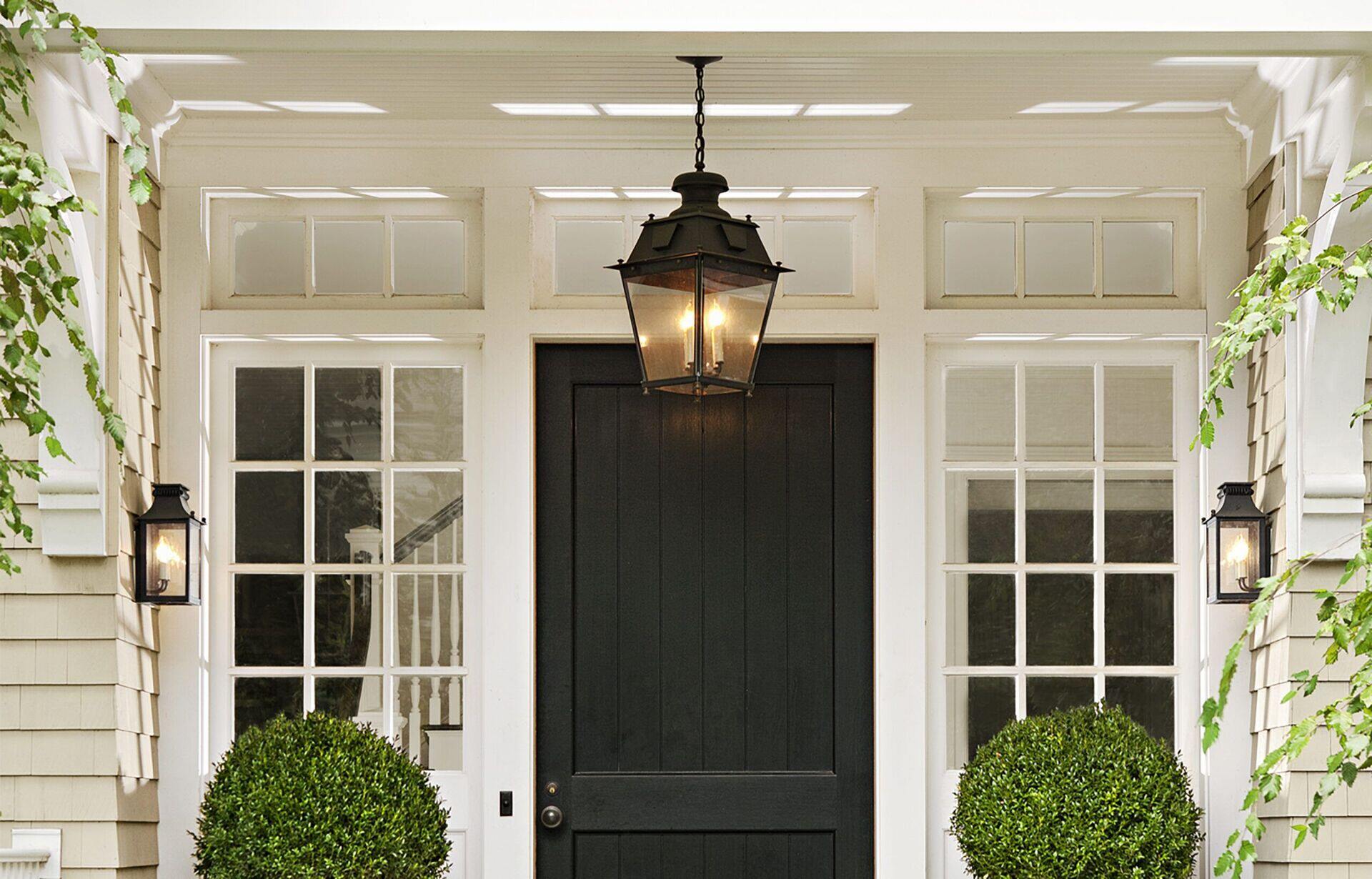
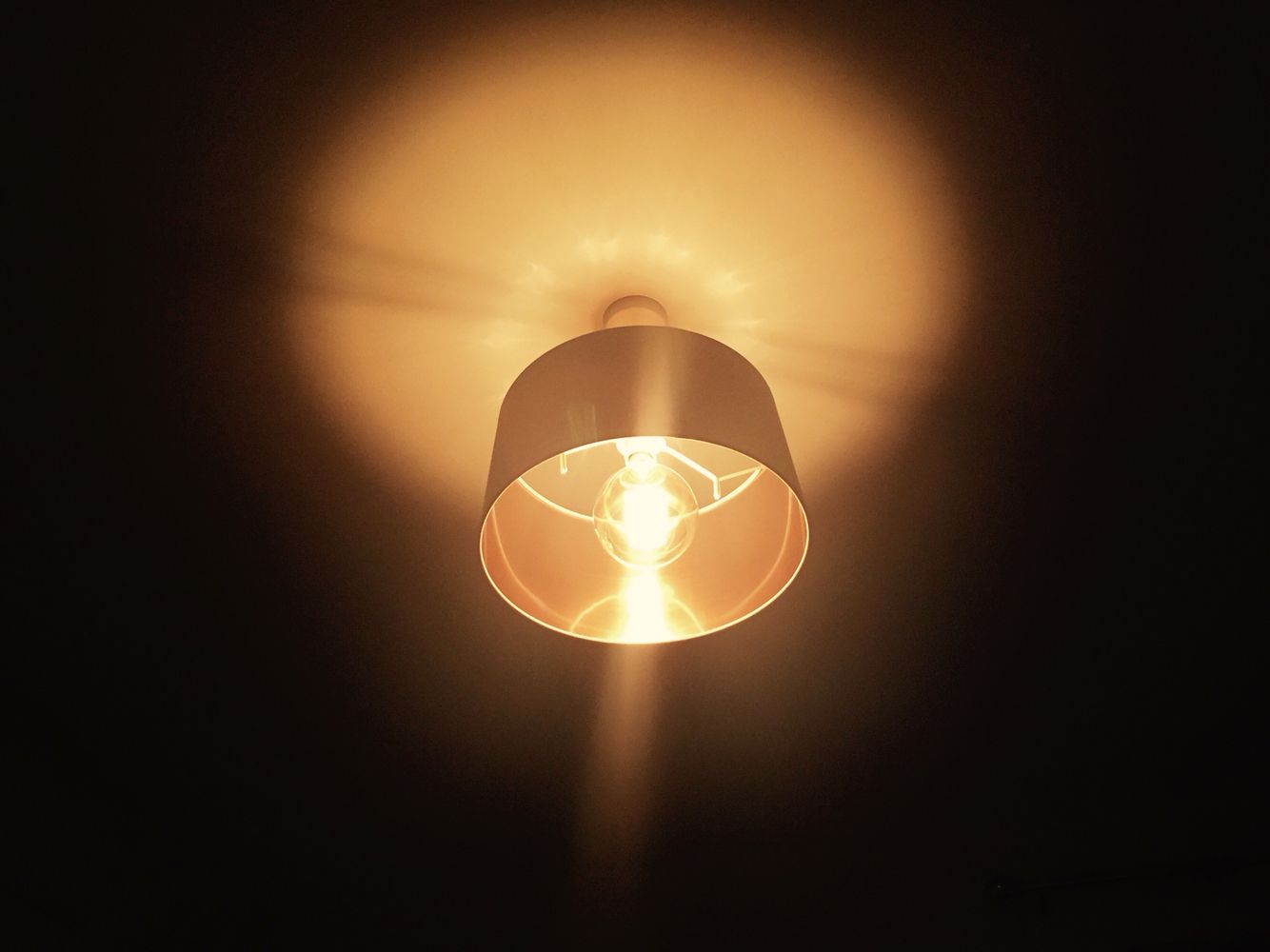

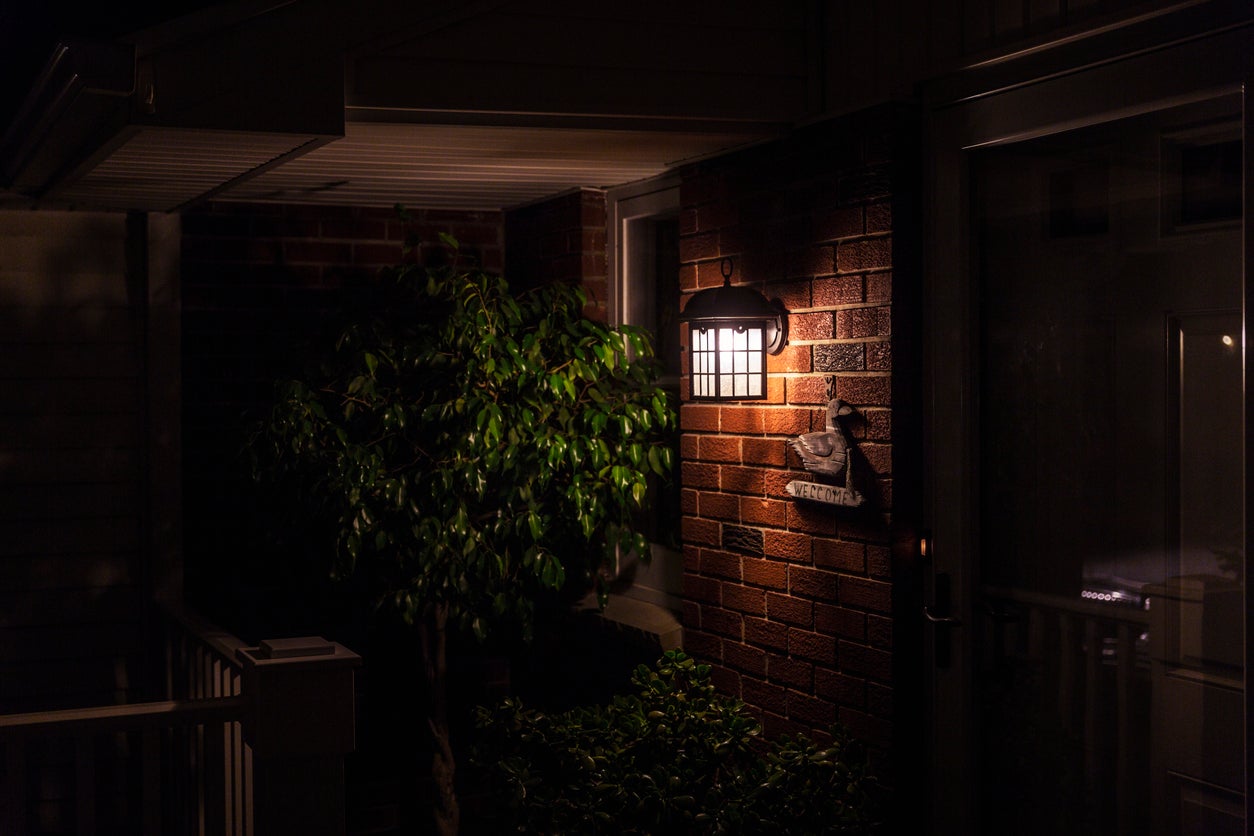
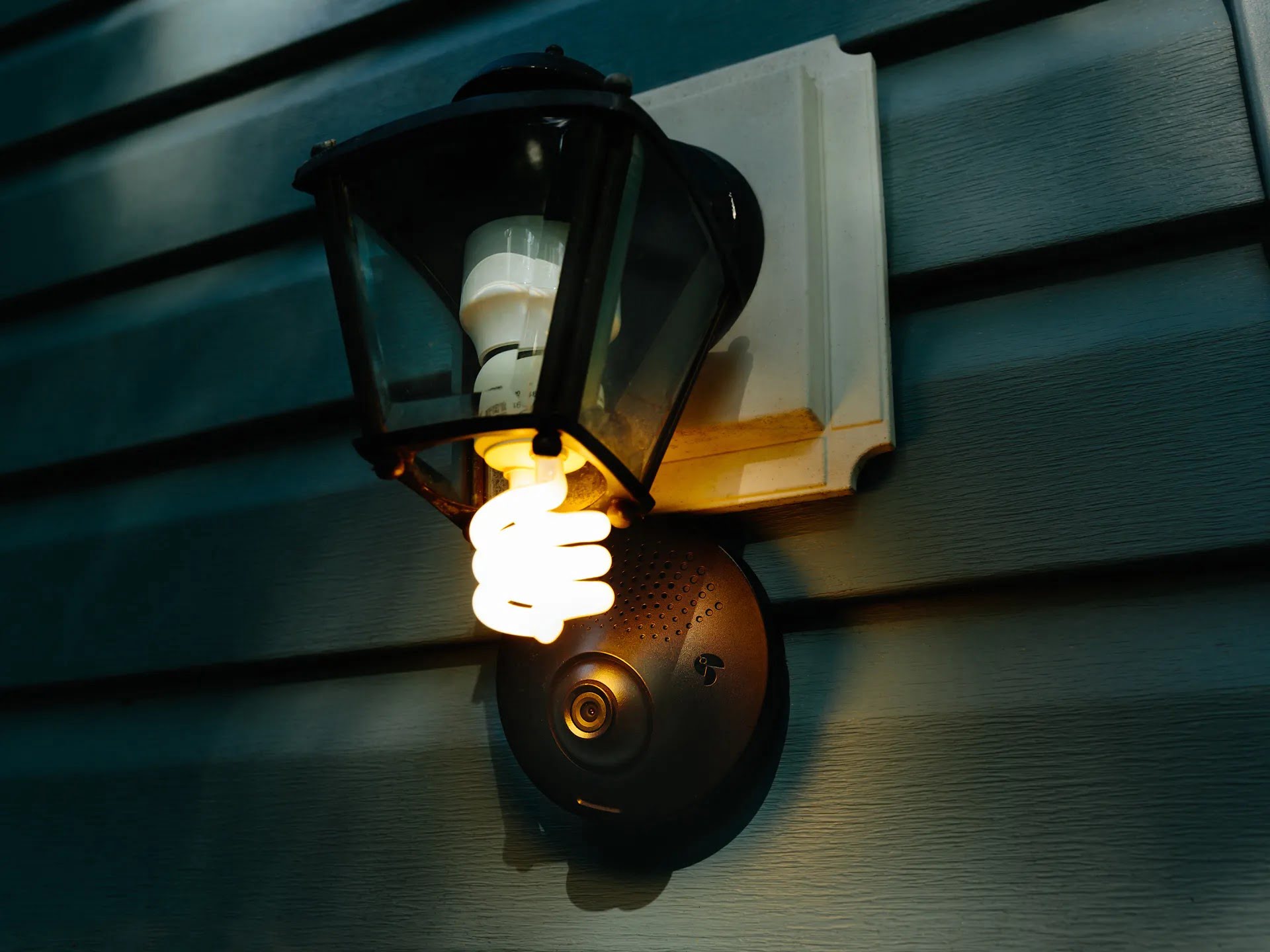
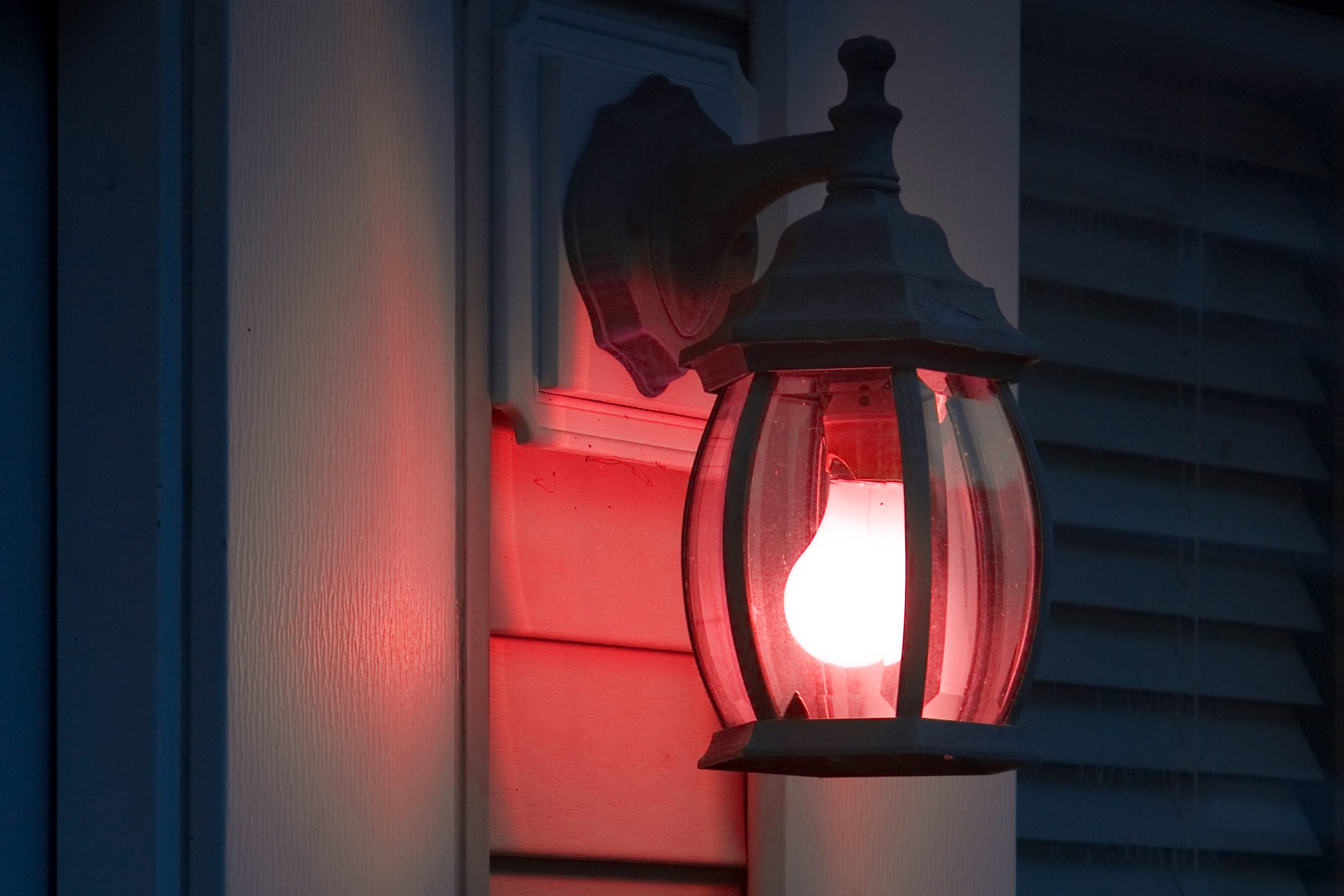
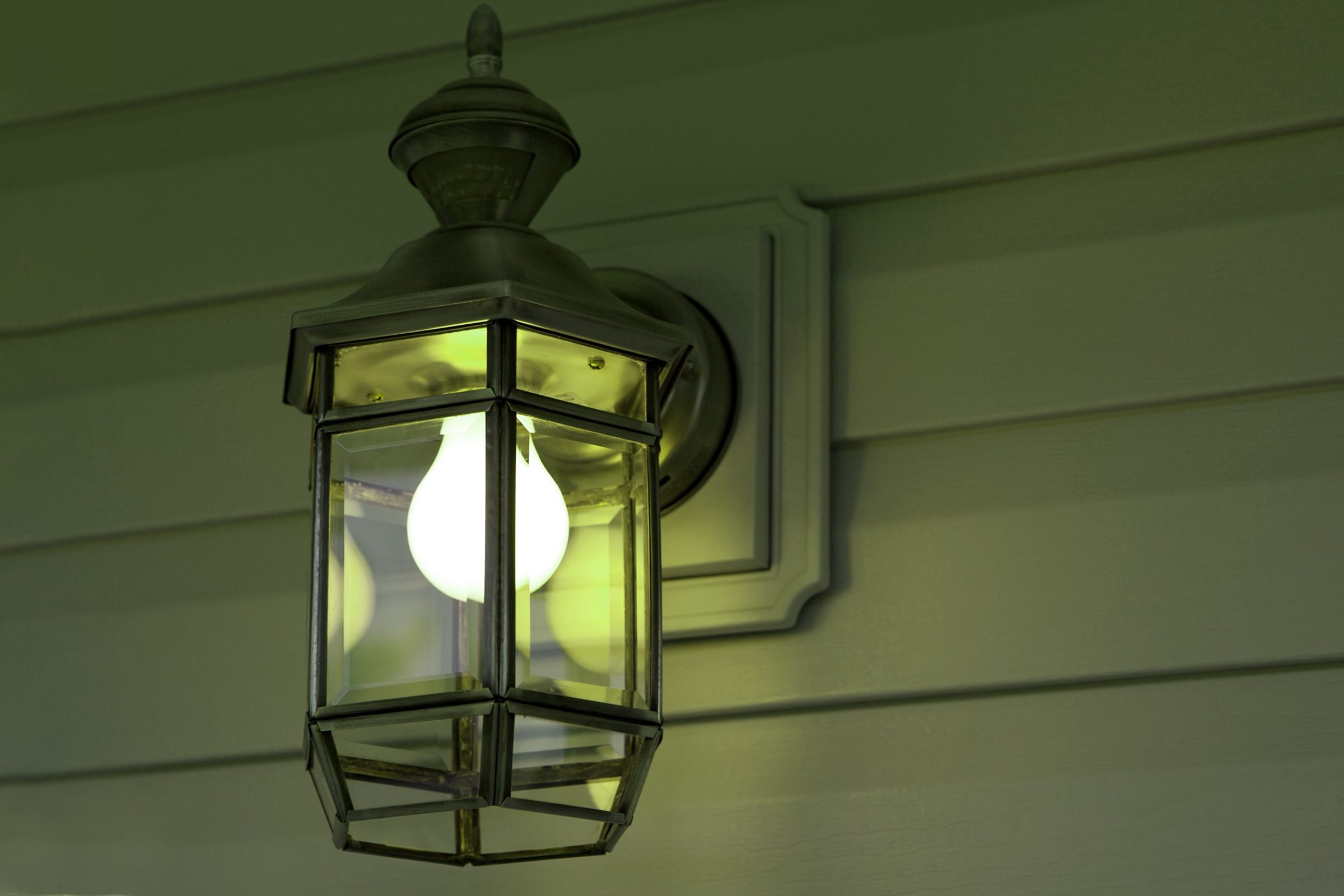
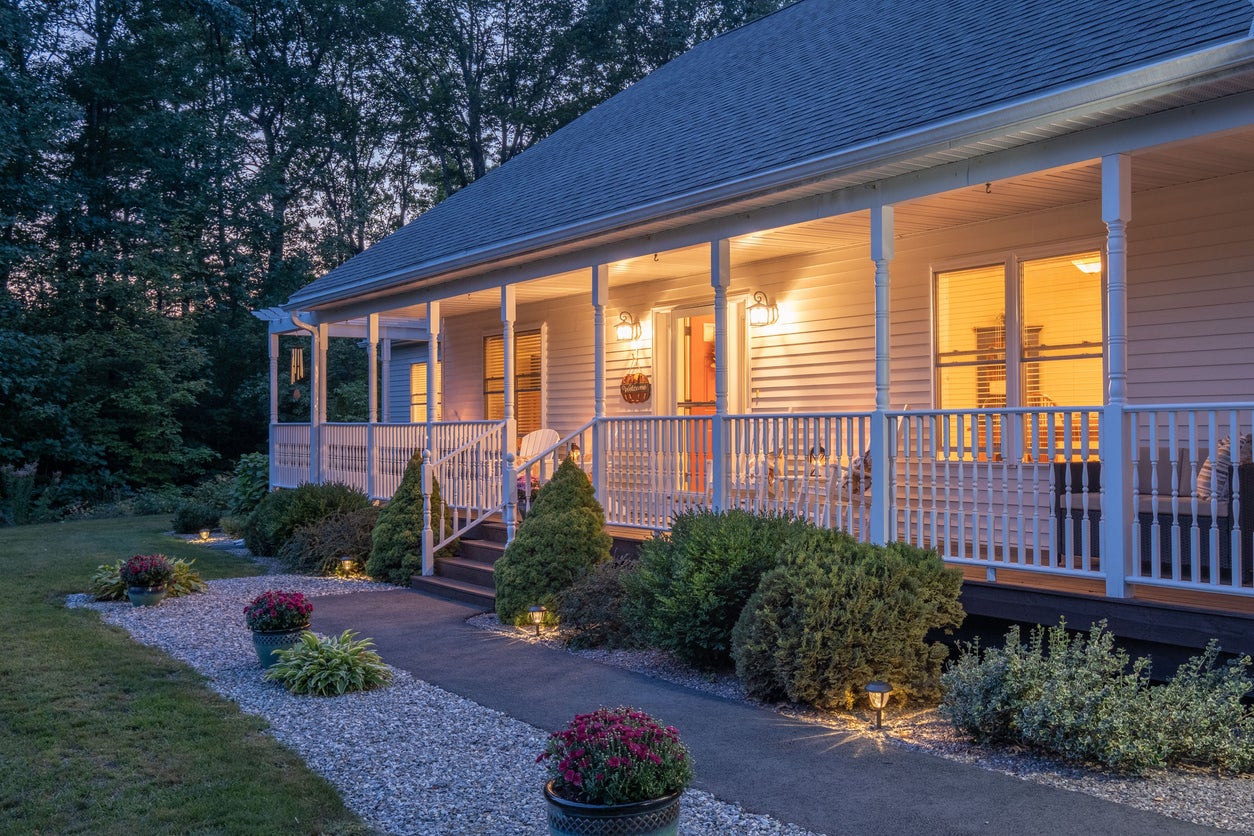
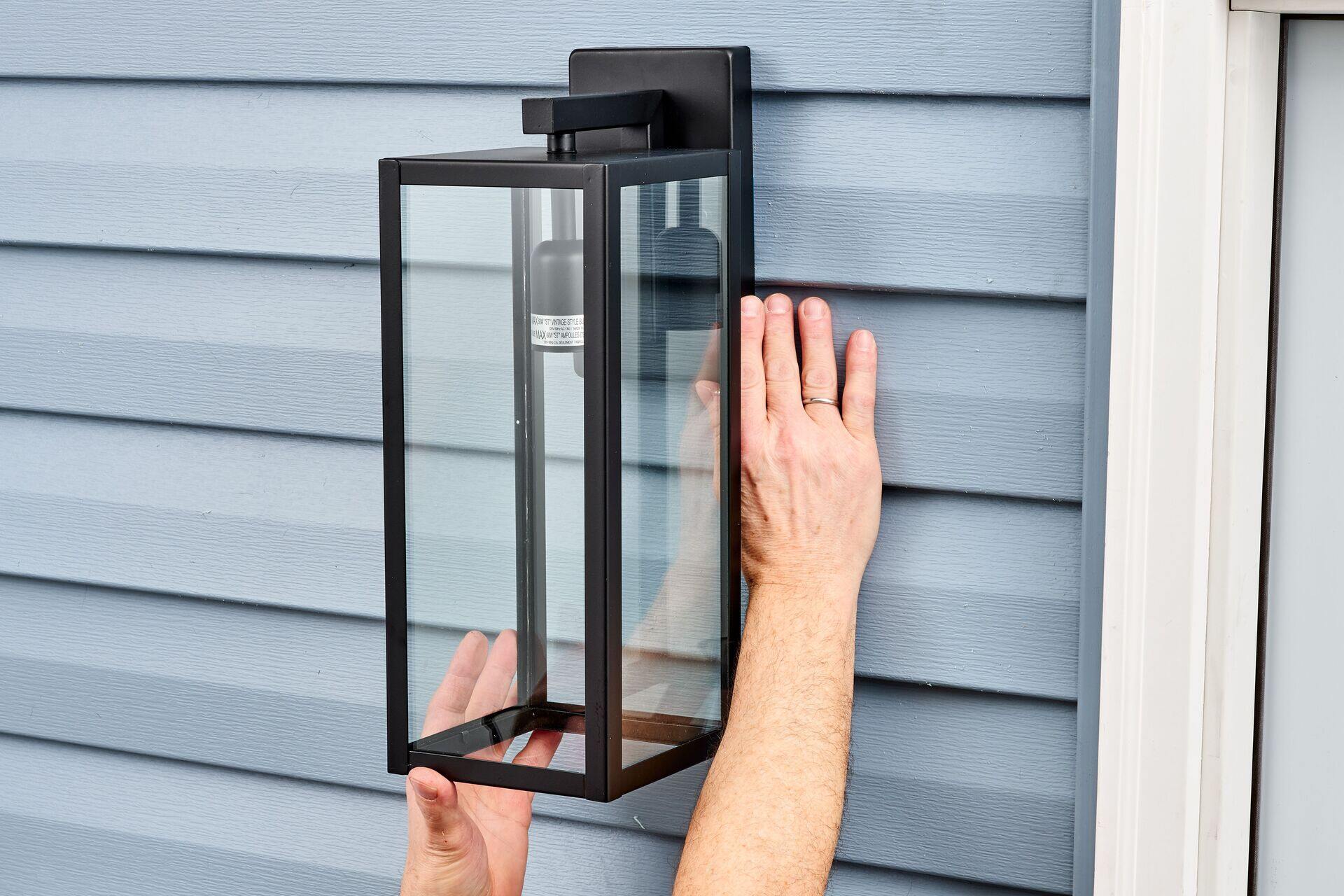
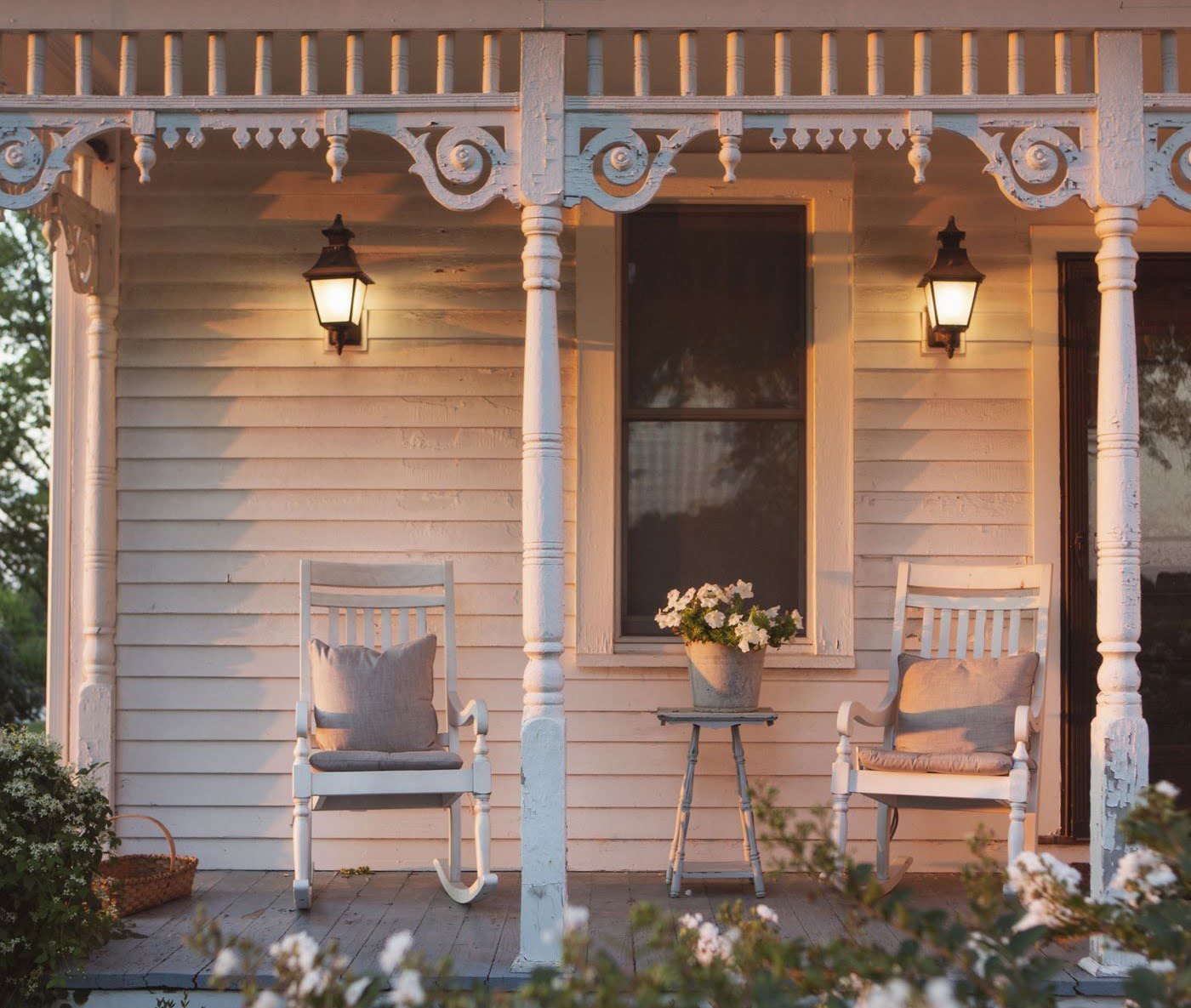
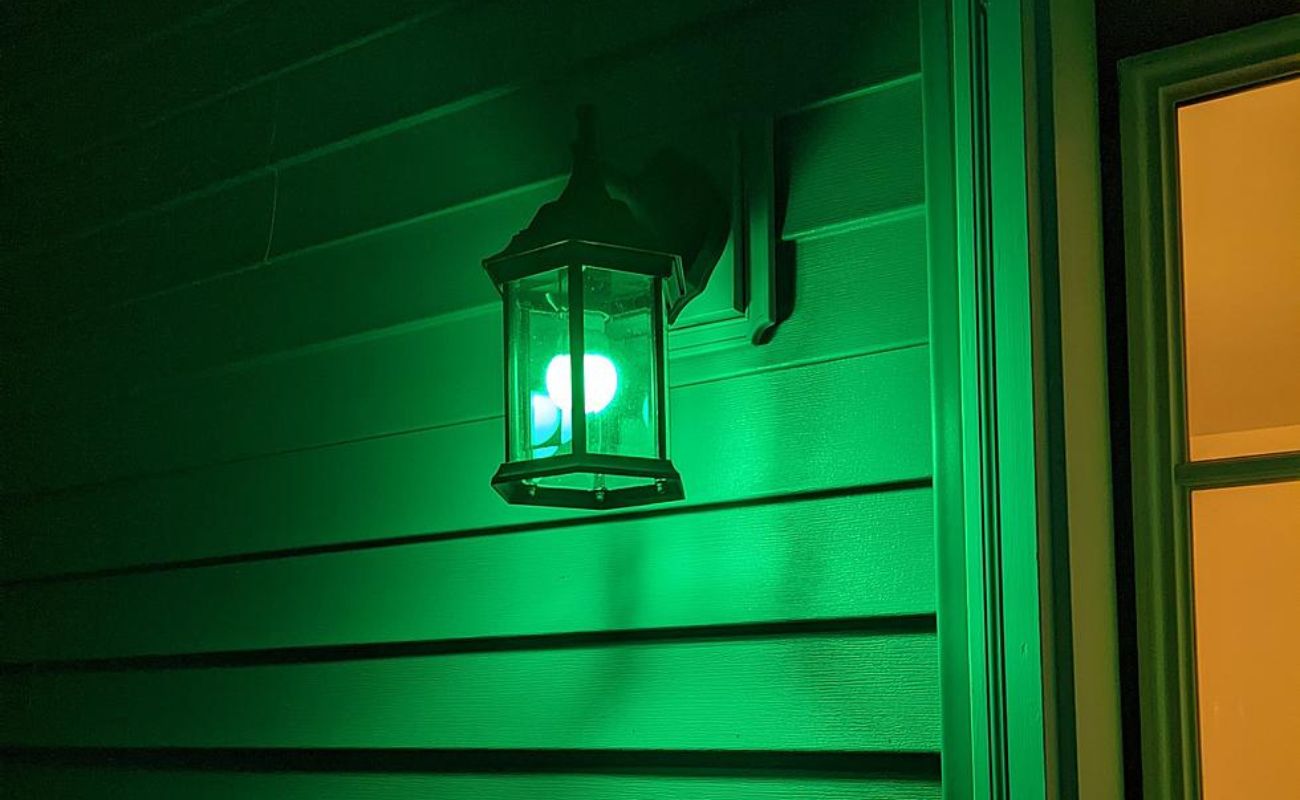
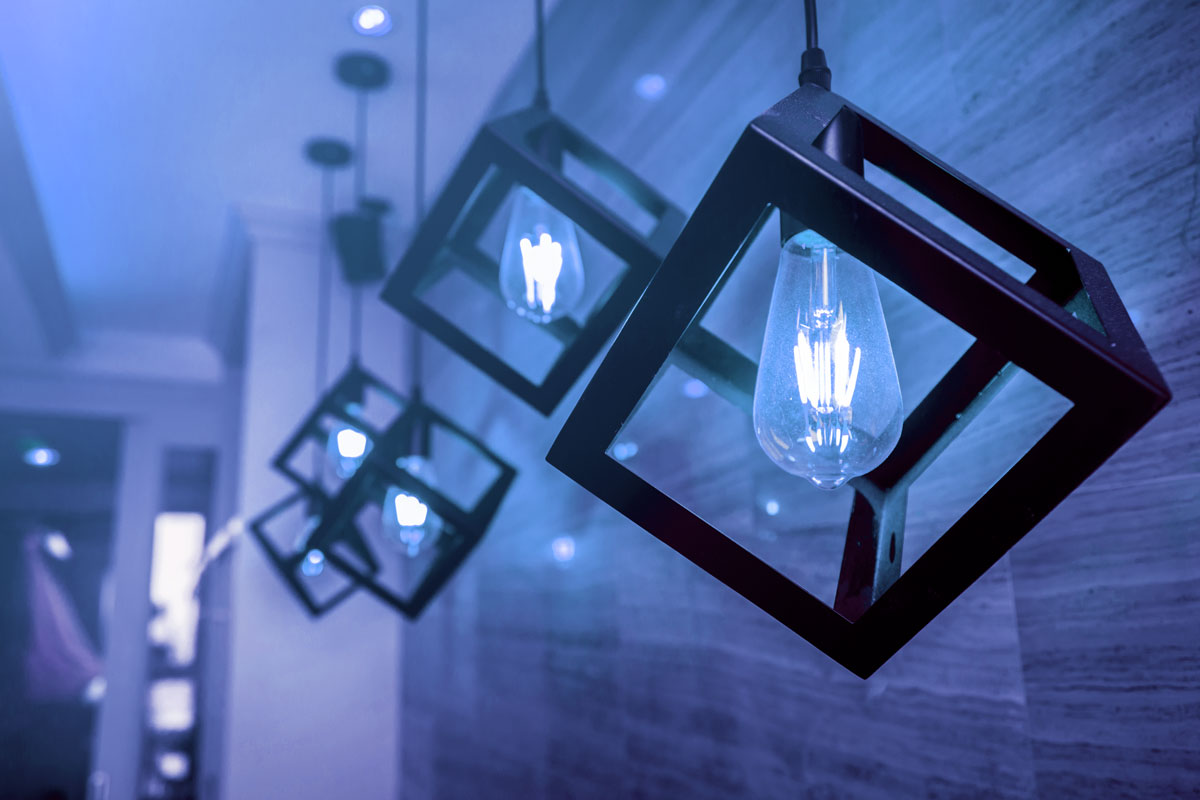

0 thoughts on “What Wattage Should A Porch Light Be”